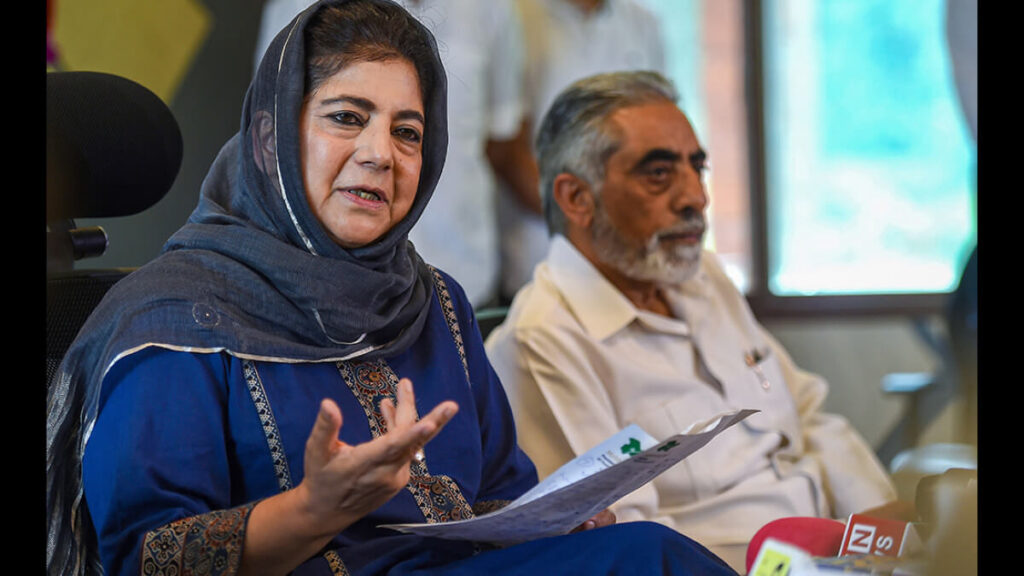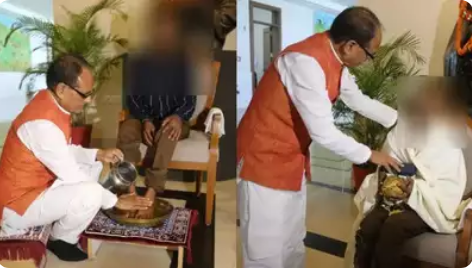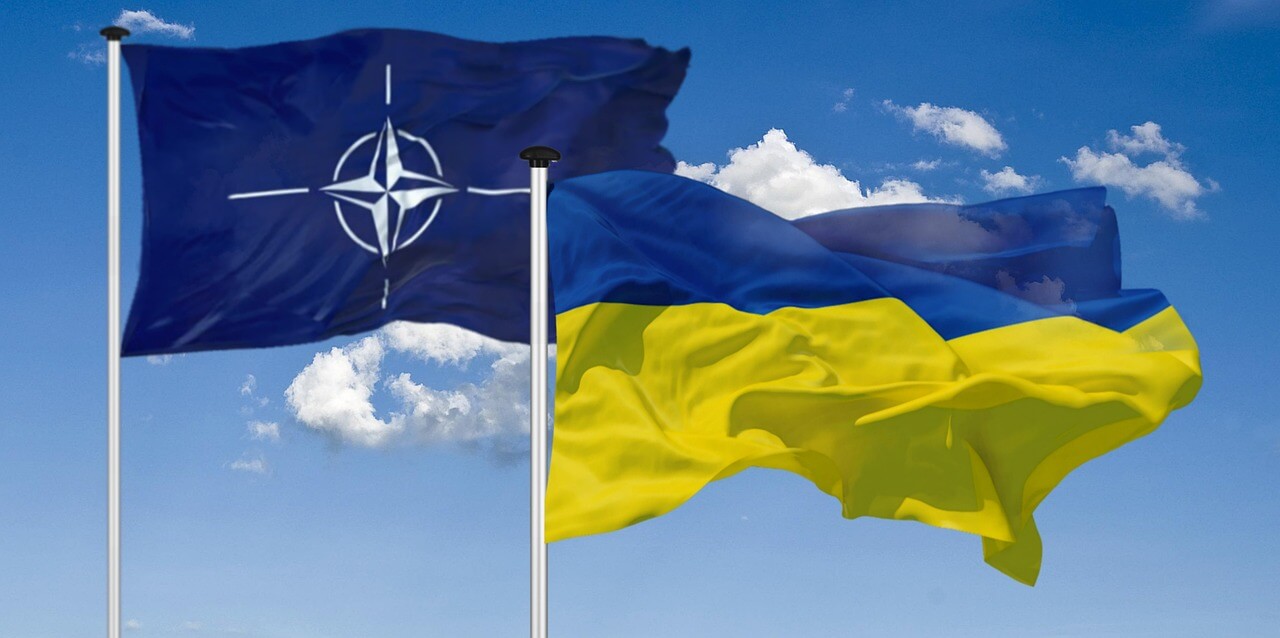Former Jammu and Kashmir Chief Minister Expresses Concerns Over Supreme Court’s Swift Action on Article 370

In a recent development, Mehbooba Mufti, the chief of the People’s Democratic Party (PDP), has expressed her concerns regarding the Supreme Court’s decision to hear pleas challenging the constitutional validity of changes made to Article 370 on a day-to-day basis. Mufti took to Twitter and highlighted her apprehensions about the sudden urgency displayed by the Supreme Court, questioning why the court remained silent for four years before deciding to hear the case continuously.
Mufti stated, “…there are legitimate apprehensions about why SC has taken up the Article 370 with such alacrity after their visit to Kashmir. After remaining silent for four years, the decision to hear the case on a daily basis does evoke misgivings.” The former chief minister of Jammu and Kashmir further expressed her hope that the judiciary would not sacrifice the constitution of the country to appease those who have little understanding of the matter.
On Tuesday, a five-judge Constitution bench led by Chief Justice of India D Y Chandrachud announced that it would commence hearing petitions related to Article 370 from August 2. Mufti expressed her skepticism about the government’s affidavit in the Supreme Court, pointing out that the decision not to rely on it indicated a lack of a logical explanation for the illegal abrogation of Article 370.
Meanwhile, Omar Abdullah, a leader from the National Conference, criticized the central government, stating that the tearing apart of the law occurred on August 5, 2019, when Article 370 was struck down. Abdullah emphasized the significance of the case taking four years to reach the Supreme Court, suggesting the strength of their arguments. He expressed hope that the court would provide a conclusive answer, asserting that constitutionally and legally, the actions taken regarding Jammu and Kashmir were wrong.
The Supreme Court’s decision to prioritize the hearing of these petitions has ignited a renewed discussion about the validity of the changes made to Article 370 and its implications for the region. The political leaders involved are closely observing the proceedings and await the court’s verdict, hoping for a resolution that aligns with their respective positions.


